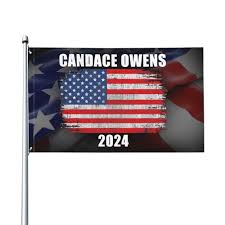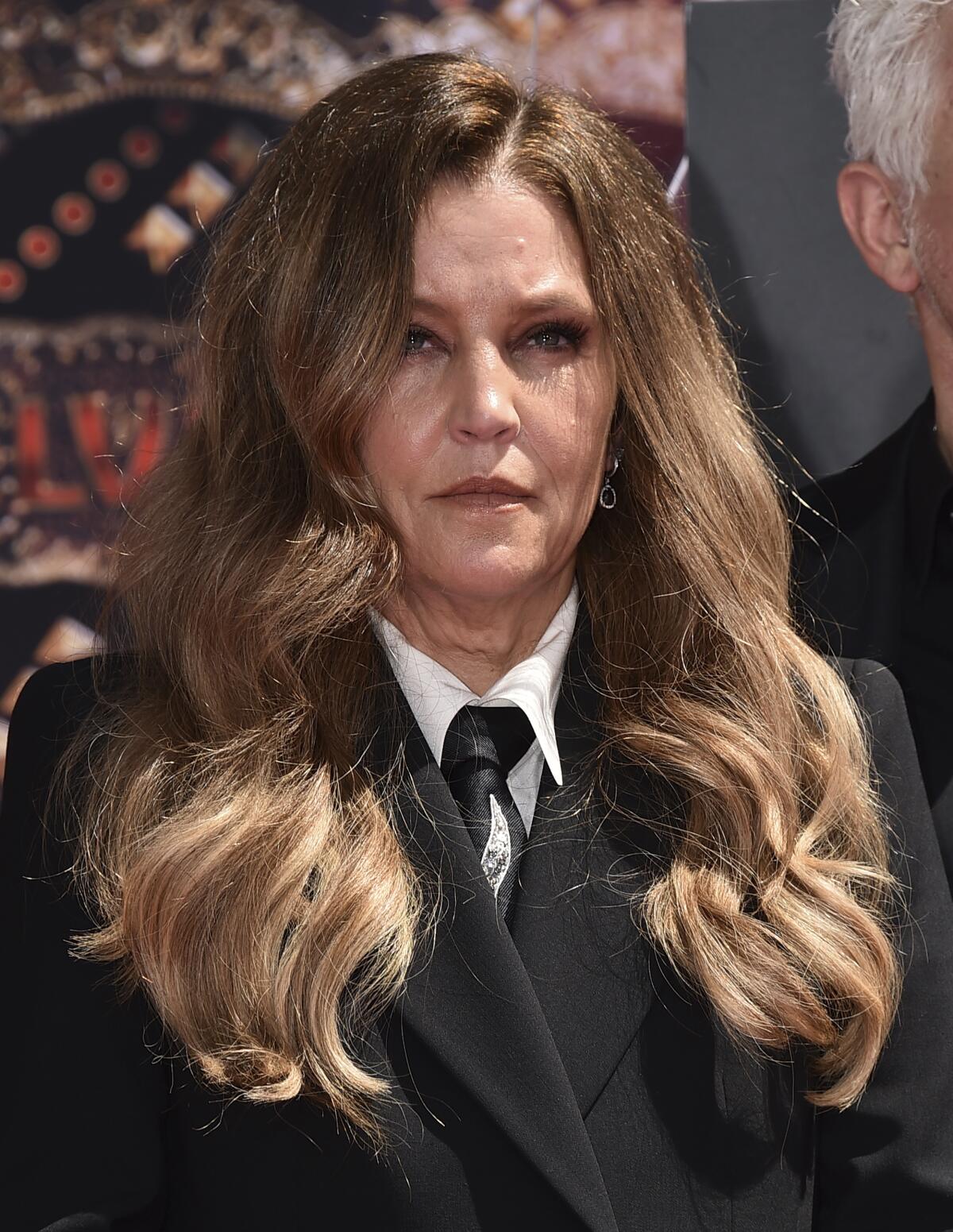
Introduction
Candace Owens has emerged as a prominent figure in contemporary American politics, known for her outspoken views and advocacy for conservative principles. Her journey from a liberal activist to a conservative commentator has sparked significant debate and garnered a substantial following. With discussions surrounding race, identity politics, and individual responsibility, Owens’ perspectives resonate with many who feel disillusioned with the mainstream political discourse.
Career Development
Owens first gained attention in 2016 with her viral video series opposing the Black Lives Matter movement, which she argued did not address the systemic issues faced by black Americans. Since then, she has built a career as a political commentator and author, co-founding the advocacy group ‘Blexit’, which encourages African Americans to leave the Democratic Party. Her book, Blackout: How Black America Can Make Its Second Escape from the Democratic Plantation, further solidifies her stance and appeals to those looking for alternatives to traditional narratives.
Recent Events
In recent months, Owens has continued to gain media attention, particularly following her appearances on various news networks and her engagement in social media debates on important topics such as climate change, free speech, and government policy. Notably, her criticism of the COVID-19 vaccine mandates and the role of government in personal health decisions has resonated with many conservatives. In October 2023, she was invited to speak at several high-profile events, amplifying her voice on the national stage.
Controversies and Criticism
Despite her growing popularity, Owens is not without controversy. Critics accuse her of dismissing systemic racism and downplaying the struggles faced by marginalized communities. Her confrontational style and willingness to challenge established norms have led to polarising opinions, with supporters praising her courage and critics denouncing her for perpetuating divisive rhetoric. This conflict highlights the larger cultural battles within the United States over issues such as race, identity, and historical context.
Conclusion
Candace Owens’ influence in the political landscape is undeniable, as she continues to provoke open dialogue and challenge conventional narratives. Whether one fully agrees with her stances or not, her role as a polarising figure encourages an examination of the changing dynamics within American politics. As society navigates complex issues related to race, equality, and governance, the discourse surrounding Owens will undoubtedly remain significant. Her trajectory indicates that, regardless of opinion, voices that disrupt traditional ideologies are likely to persist and shape future conversations.
You may also like

The Important Role of Government in Modern Society

Marie Hobinger: A New Force in Environmental Activism

Ruth Dodsworth: Overcoming Adversity and Inspiring Change
SEARCH
LAST NEWS
- Remembering Wendy Richard: The Promise to Co-Star Natalie Cassidy
- How Did Anglian Water Achieve an ‘Essentials’ Rating for Mental Health Accessibility?
- Shai Hope Leads West Indies in T20 World Cup Clash Against South Africa
- What We Know About Weston McKennie: Future at Juventus and Past at Leeds
- What We Know About the Upcoming Live Nation Antitrust Trial